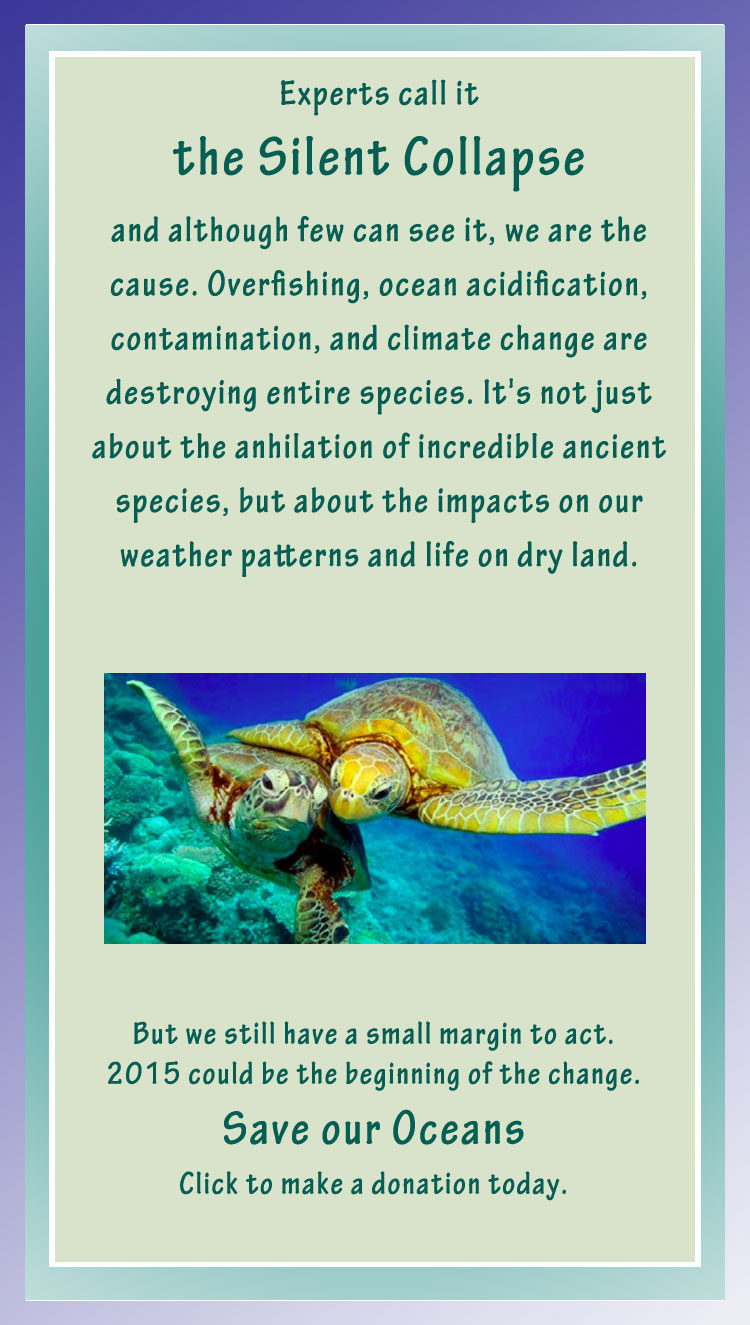WWW.MELONCOYOTE.ORG
Journalism to Raise Environmental Awareness
Grassroots Bulletin on Sustainable Development in Northwest Mexico
DIRECTORY
Collaborators in this issue
Baja California
César Angulo
Dahl McLean
Talli Nauman
Sonora
Ana Cristina Campoy Inostrosa
Karla Alejandra Villa Coronado
Annel Zavala Ramírez
Adrián Arturo Arciga Palafox
Juan Carlos Marruffo Valenzuela
Edwin García, Daniela Zapien
Haralet De Montserrat Curiel Soto
Melissa Guadalupe Velásquez Domínguez
Kevin Oswaldo López Valenzuela
Kevin Medina Morán
Patricia Guadalupe Muñoz Ochoa
Ivonne Yoselin Muñoz Piña
María Teresa Rosas Pérez
Manuel Leyva Munguía
Alejandra Cervantes Espinoza
Luz Carmen Osuna
Clara Ibarra
Alfredo Acedo
Miguel Ángel Torres
Nayarit
Ernesto Bolado
Machángeles Carvajal
Sinaloa
Carlos Eduardo Simental Crespo
Baja California Sur
Victoria Madrigal
Félix Alejandro Sandoval
Debra Valov
Mohamed Pérez
Lizbeth Casas
Víctor Moranchel
Andrea Mendoza
Miguel Ángel Torres
Editorial Board
Talli Nauman (San Ignacio, B.C.S.)
Debra Valov (Mulegé, B.C.S.)
Griselda Franco Piedra (Guaymas, Son.)
Miguel Ángel Torres (Aguascalientes, Ags.)
Consultants Vol. 6, No. 1
Yasmin Khan
Laura Carlsen
Nidia Bautista
Viviana Zúñiga
Rodrigo Rebolledo
Sandino Gámez
Bertha Montaño
Víctor Manuel Castelo López
Angelina Valenzuela
Silvia Susana Sánchez Barba
Elvia Verdugo
Carolina Muñoz Amparano
Alfredo Acedo
Dahl McLean
Translations Vol. 6, No. 1
Debra Valov
Talli Nauman
G. Pacifica
Roberta Weisbard
Acknowledgements
Lasecomujeres.org; SuMar - Voces por la Naturaleza, A.C; Tutuaca Mountain Center; Instituto Sudcaliforniana de Cultura; Reserva de la Biósfera Sierra La Laguna; Campos Bórquez; Ponguinguiola, Agua de Baja Cabos, El Programa de las Américas, Fulbright Small Grants Program
Design
Debra Valov; Mulegé, B.C.S.
Contact
meloncoyote [at] gmail.com
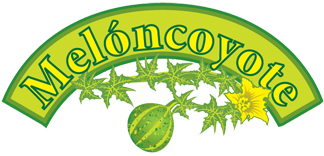
Melóncoyote is a product of Journalism to Raise Environmental Awareness (abbreviated PECE in Spanish), an independent communications project founded in 1994 with the support of the MacArthur Foundation.
The viewpoints expressed are solely those of the authors. This work may be reproduced in part or whole, with images and illustrations, as long as the publication source and authors are cited.
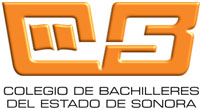 |
 |
 |
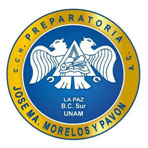 |
Disagreement reached on climate change
In the end, the peoples’ voices went unheard and the power of large corporations dominated at the recent United Nations Framework Convention on Climate Change Conference of Parties (COP21), held in Paris from November 30 to December 12, 2015.
That “climate change is a shared problem putting human existence at risk” was acknowledged by the almost 200 countries signing the Paris accord. Inspite of this recognition, what was issued were vague, generalized and non-binding conclusions with no concrete timeframe for compliance. All parties even agreed to promote “green” production and consumption, although one of the principles for dealing with our climate problem is to actually decrease consumption and change the production system so as to stop using fossil fuels.
The accord, set to be signed on April 22, 2016, rests fundamentally on the promises made by nations which may or may not be fulfilled since they aren’t mandatory. As such, the accord does not satisfy the so-called developing countries, indigenous peoples, and environmental organizations.
These latter groups seek instead to reduce the risks of climate change through a firm commitment to “hold the increase in the global average temperature to well below 2º C above pre-industrial levels and to pursue efforts to limit the temperature increase to 1.5º C, recognising that this would significantly reduce risks and impacts of climate change”.
This bad global agreement affects Mexico’s great natural diversity which is experiencing brutal exploitation under a business model that looks to extract every last natural resource on and below ground, in the air and water, and from the original peoples. This is the notion of disposability in its highest form.
To put it in the words of Pope Francis in his Encyclical Laudato Si (Praise be to you), “Warming has effects on the carbon cycle. It creates a vicious circle which aggravates the situation even more, affecting the availability of essential resources like drinking water, energy and agricultural production in warmer regions, and leading to the extinction of part of the planet’s biodiversity(…)
“Highways, new plantations, the fencing-off of certain areas, the damming of water sources, and similar developments, crowd out natural habitats and, at times, break them up in such a way that animal populations can no longer migrate or roam freely. As a result, some species face extinction.”
The above quote alludes to the entire planet and more personally to the Gulf of California to which the head of the Vatican might well have dedicated the following reflections: “Oceans not only contain the bulk of our planet’s water supply, but also most of the immense variety of living creatures, many of them still unknown to us and threatened for various reasons.
“What is more, marine life in rivers, lakes, seas and oceans, which feeds a great part of the world’s population, is affected by uncontrolled fishing, leading to a drastic depletion of certain species.
“Selective forms of fishing which discard much of what they collect continue unabated. Particularly threatened are marine organisms which we tend to overlook, like some forms of plankton; they represent a significant element in the ocean food chain, and species used for our food ultimately depend on them.”
In this issue of Melóncoyote are several notes on the efforts being made regarding responsible fishing, as well as the harmful health effects and irreversible environmental damage caused by pesticides, a subject on which Pope Francis touches when he points out how today’s technological advances often bring with them even more unexpected or mysterious consequences for their users.
The words of the leader of the Catholic Church also fell on deaf ears at the Paris meeting. Nor have they been heard by the residents of the Gulf of California region. Some farmers, ranchers, business people, and politicians have all ignored his call, in spite of the fact that on average, 80% of the area’s inhabitants are Catholic and their number has risen to slightly more than 8 million people, not counting those in the states of Arizona and California who also claim to be followers.
Corruption and deceit on the part of the rulers have plunged the country into an apparently unremitting maelstrom — from the war being waged against the unarmed populace by the forces of public order, organized crime syndicates, and corporations, to rulers of all levels of government that have disappeared 43 teachers from Ayotzinapa and thousands of victims in a worldwide scandal that has discredited the current federal government — all of this without anyone having been brought to justice.
Only citizen organizing can stand up to this madness, as is now happening in Sonora and Baja California Sur against the corrupt government of Guillermo Padrés — currently under investigation for money laundering and abuse of power — and the former La Paz City Council who are facing impeachment for granting rezoning permits in order to allow open pit mining operations in the Sierra la Laguna.
From this modest space we will continue to advocate for change towards means of production, exchange, and consumption that makes our coexistence with the earth and each other more harmonious. Stand with us!
***********************
Save our Oceans
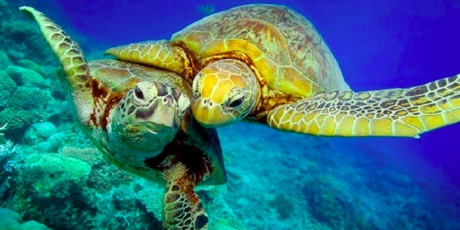
Experts call it the
SILENT COLLAPSE
and although few can see it, we are the cause. Overfishing, ocean acidification, contamination, and climate change are destroying entire species. It's not just about the anhilation of incredible ancient species, but about the impacts on our weather patterns and life on dry land.
But we still have a small margin to act and 2015 could be the beginning of the change. Save our Oceans
Click to make a donation today.
***********************

